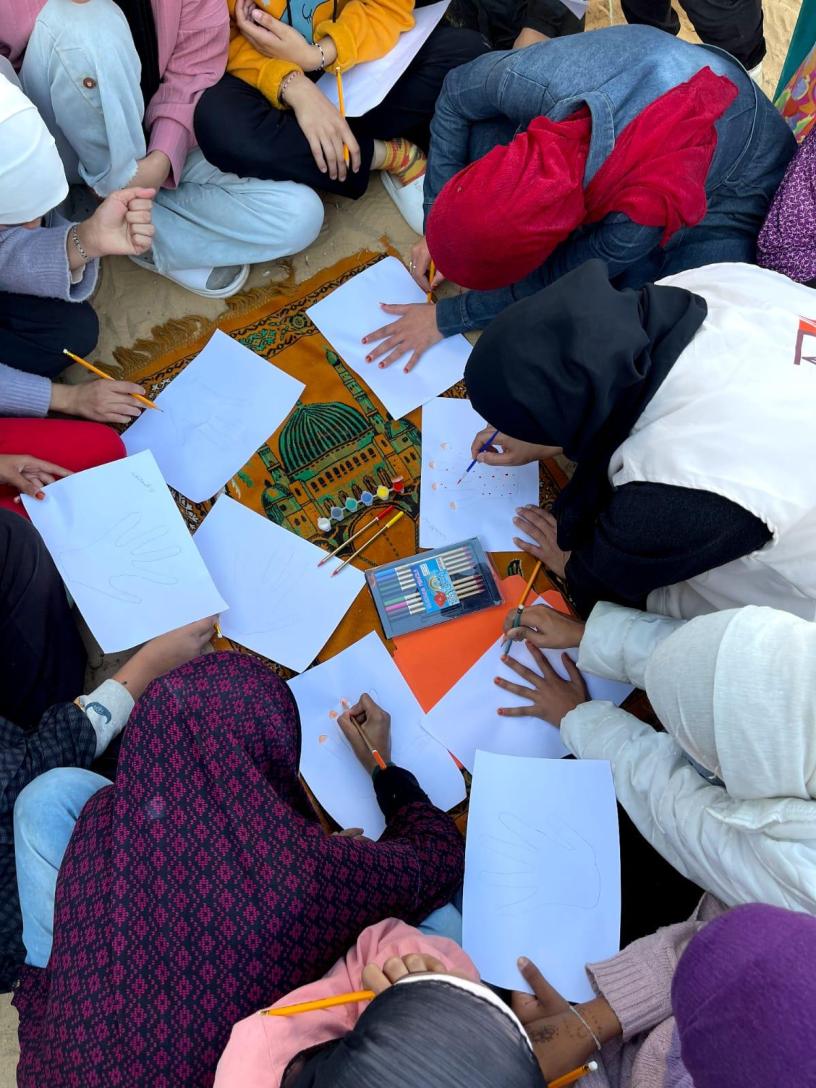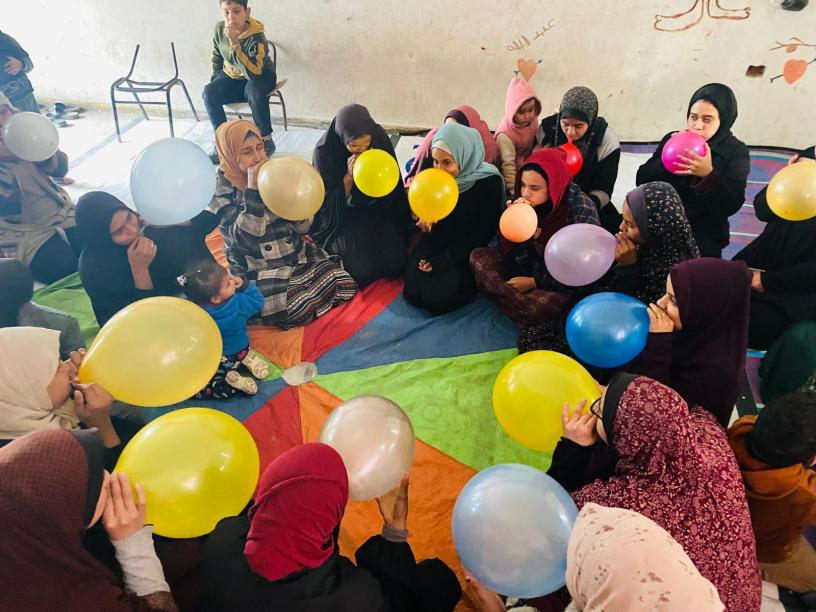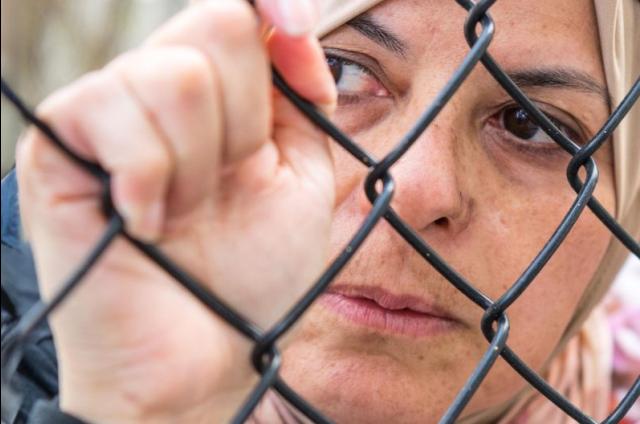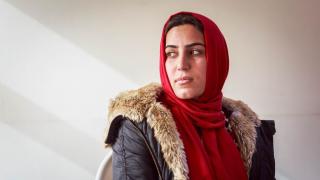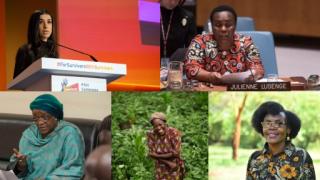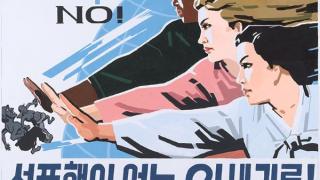Voices from Palestinian Women on the Frontlines of Violence
"We Are Still Here": Voices from Palestinian Women on the Frontlines of Violence
By Zeina Kanawati
To mark International Day for the Elimination of Sexual Violence in Conflict, we are amplifying the voices of women who are not just enduring the harsh realities of war and displacement - but who are also working every day to protect, support and empower others.
As a Sr. Communications Officer at Women for Women International, I recently had the honour of speaking with two such women in Palestine, where we work to support Palestinian women affected by conflict and displacement through partnerships with local organisations and providing shelter and emergency aid to meet the urgent needs of women.
"Even in War, We Must Protect Each Other"
Tahani, Member of The Family Defense Association, Nablus
Women face multiple forms of violence. There is the constant threat of genocide and war, which has intensified every form of violence - especially gender-based violence. Many women have no shelter at all. They live on the streets or in tents that lack even the most basic necessities. The burdens we carry as women and girls are immense. We’re responsible not only for securing food, water and clothing, but also for the care of others. We try to meet children’s needs while having none of our own met.
The psychological toll is devastating. Our bodies feel it. Our health suffers.
And the most vulnerable among us - women - are hit hardest. Many are subjected to sexual violence, even in exchange for aid or supplies. There are no safe spaces. Women who have been displaced internally are facing every form of violence, with no nearby family, no police and no protection agencies to turn to.
There was a time when we could report rape, harassment and abuse to designated protection centres. Today, there are no official statistics, but we see the increase with our own eyes.
Our specialists in shelters and camps hear from women who, during psycho-social sessions, ask only one thing: “Listen to us.” They speak of harassment, beatings and deep emotional trauma - but there is no one they can trust.
We have documented numerous cases - harassment, rape, abuse - and in some cases, it has led to death. And this isn’t only happening to adult women. Girls as young as thirteen have come to us, survivors of sexual violence.
Still, we refuse to disappear. We reopened our centres, even after they were shut down or burned. We created safe spaces in refugee camps, sent out female psychologists, lawyers and social workers. We offer not only legal aid and psychological support but also emergency supplies and hygiene kits. All of it is hard, almost impossible under war conditions. But we know that our presence is critical.
Some women just need help navigating daily survival - to prevent danger before it escalates. We work with them, teach them skills, build resilience.
Everyone deserves the right to a decent life, even during war.
We guide women through their trauma, help them manage depression and support them in reclaiming their strength. Our tents are safe spaces where they can cry, talk or sit in silence. But as the war intensifies, many of these spaces are lost. Camps are destroyed. Families are once again displaced. Some now live on the streets with absolutely nothing. No tent, no safety, no protection.
Still, we remain.
"They Violate Our Bodies Under the Name of Security"
Maisoon, Journalist, feminist activist and head of the Women’s Activity Association, Hebron
I live and work in Hebron and I see daily what Palestinian women face - especially at checkpoints and in areas under constant pressure from settlers. These places are always tense and always dangerous. The violations are relentless and women bear the brunt of them.
Whenever a female soldier is present, we’re subjected to physical searches. But when there isn’t one - and that happens often - women still get searched and the violations become even more severe. This happens most in places like Shuhada Street, Tel Rumeida and the Old City of Hebron. These are closed-off zones. To go anywhere, we’re forced to cross checkpoints.
Women are detained for long hours in extreme heat or freezing cold. Some are carrying babies, others are on their periods - and yet they are kept waiting, humiliated. There’s no justification. Even when we’re headed to work, the university or a medical appointment, soldiers stop us - simply because they can.
And it’s not just physical searches. The tools soldiers use to scan our bodies are sometimes used as weapons of sexual harassment. That long device that beeps? It gets pressed against us deliberately. They humiliate us with their words. They strip us of our dignity. They order us to raise our hands, to remove our clothes.
They use fear as a weapon. It has worked. Women are scared. Families are terrified for their daughters. Some have stopped sending their girls to school altogether.
Others have pulled their daughters out of university. Many women have left their jobs - or have been forced to - just to avoid crossing a checkpoint.
I know girls who walk for hours on unsafe, back road paths - just to avoid the soldiers and the harassment. We are being isolated, slowly and systematically. Opportunities are stolen from us every day. Our dignity is stripped under the pretext of "security."
But we see it for what it is: a violent, methodical policy aimed at controlling and breaking us.
Still, we resist. We speak. We organise. We support each other. That is how we survive.
These testimonies are not only accounts of trauma, but also of power. Tahani and Maisoon remind us that even under the most extreme circumstances, women find ways to protect, lead and heal. We stand with women in conflict zones who dare to rise, despite the risks.
Join us to honour the courageous women who dare to break the silence and to help us end sexual violence. Donate today.
Learn more
Violence Against Women
subtitle:
Violence against women is one of the biggest blocks to the realisation of women’s rights. For the women we serve, gender-based violence is complex and often drives them further into isolation. We are working with the international community to understand what works to prevent violence against women.
In honour of the International Day for the Elimination of Sexual Violence in Conflict, we spotlight five extraordinary women leading the fight against this devastating form of violence. From Nobel laureates to grassroots activists, these changemakers are demanding justice, breaking silence and creating hope for survivors around the world.
Unsilenced: Sexual Violence in Conflict
subtitle:
We are incredibly proud to be partnering with Imperial War Museums on their upcoming exhibition, Unsilenced: Sexual Violence in Conflict. Imperial War Museums has curated a powerful exhibition, aimed at empowering survivors, informing visitors and contributing towards meaningful change in the fight against sexual violence in war.

